Feeding the flames or communicating calm: Survival depends on it.
Businesses experience crises all the time – from the small, behind-the-scenes stuff right through to something that’ll land you on the front page of the country’s newspapers and news website. Newspapers used to be “tomorrow’s fish and chip wrapping”, but now, your drama will exist online for eternity.
So, imagine your organisation is experiencing a crises right now. Imagine what catastrophe could occur in your industry, under your watch. A budget blow-out that attracts political attention? A staff member or customer who is seriously injured or killed? Allegations of criminal activity? Contamination at your food production plant?
The media are at your door. The public wants answers. Your customers are starting to back away.
Do you have a plan for how you respond, and who in your organisation should respond?
Crisis situations evolve quickly – a spark in the morning can become a wildfire by night if not contained.
As a first step, an external communications policy is recommended. Every person must be prepared, ahead of time, so that if and when disaster occurs, no one is left scrambling in the darkness holding a lighter.
Can you answer the following questions right now?
Does everyone in your organisation know who can speak to media, and about what?
Who has the delegated spokesperson role if the authorised spokesperson is not available?
Do your staff and board members know what they are allowed to say – if anything?
How will you speak to your stakeholders?
As well as for general day-to-day business, the answers to the above questions are especially important when you face a crisis.
Combining our extensive governance and communications expertise, we have made it easy for you and developed an External Communications Policy you can tailor to suit. The key areas are covered and you just need to consider how it would operate for your organisation.
The policy covers traditional media, digital media and stakeholder engagement. Its purpose is to:
Outline the roles and responsibilities for the organisations’ communications.
Ensure consistency across communications channels.
Ensure communications are aligned to the stated purpose and values of the organisation
Support the organisation’s Charter/Strategic Plan/Code of Conduct/Employee Handbook/Protected Disclosures Policy, and other management and governance policies, when using communications channels
Support the risk management framework.
Be certain about who is allowed to say what to whom. Get in touch with us today about our External Communications Policy package.
